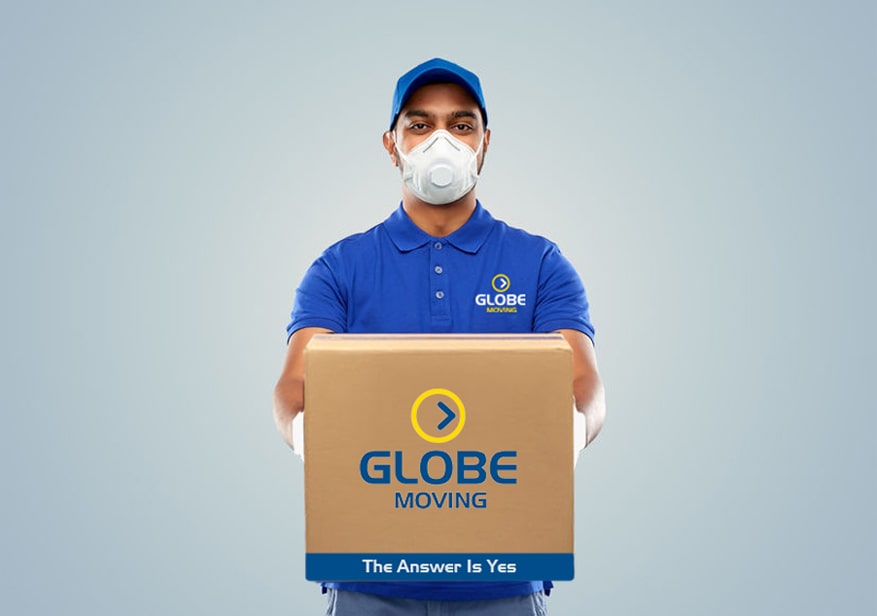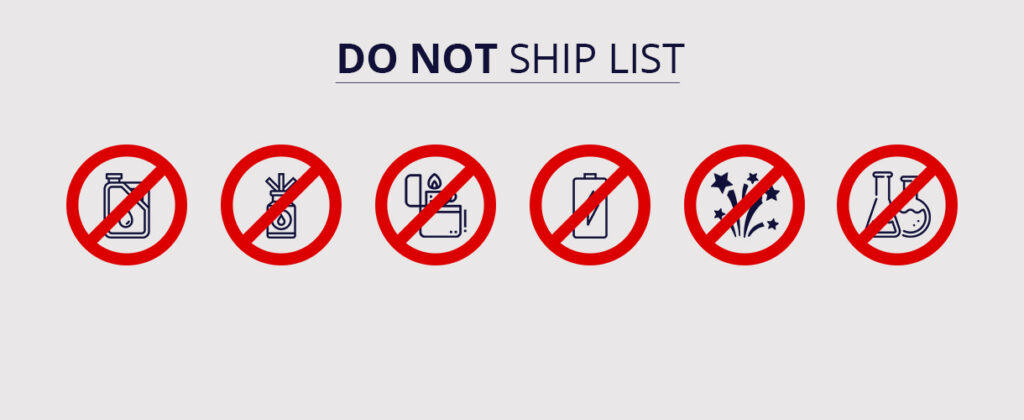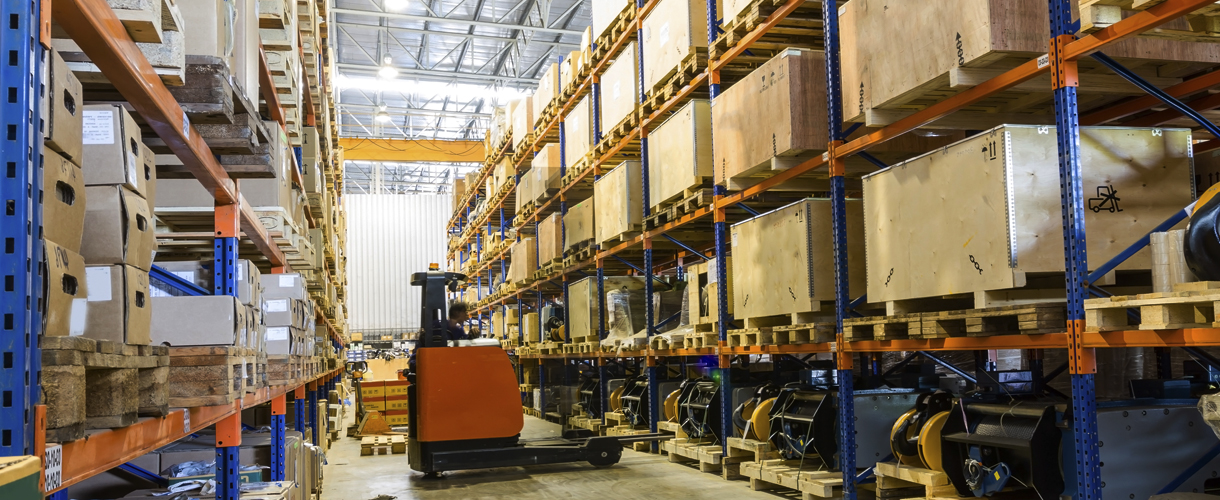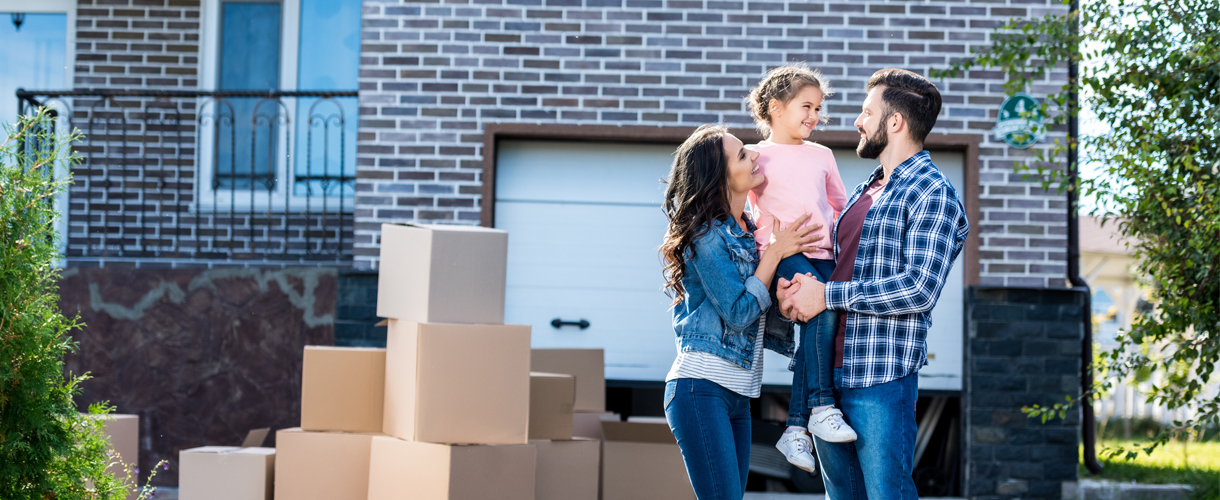The Do-Not-Ship List
Your comprehensive guide on what NOT to pack during national or international moving
Taking the DIY route to pack is a great way to avoid costs during national or international moving. However, becoming your own packers and movers is not easy. For starters, you need to be absolutely sure of two vital things — what to pack, and more importantly, what not to pack.
Let’s consider both:
What to pack
This is an easy one – pack whatever you must. Notice how we say whatever you ‘must’ and not whatever you ‘can’. Well, there’s a reason. Packing only the essentials, especially during international moving, is a great way to cut the costs, complexities, and stress associated with relocation.
Now ‘essentials’ is a highly subjective term and deciding what items make the cut will be a highly personalized decision. However, it helps to know and remember that not everything you own has to be packed and moved — no sire!
Declutter well in advance of the upcoming relocation to ensure that you are left with only the essentials to pack for your national or international moving. Read more on decluttering to cut costs of moving here.
What not to pack
Having figured the things you should pack and move, let’s see the things you shouldn’t. Start with the standard items – known in the industry as ‘non-allowables’ – that international packers and movers won’t transport.
Non – allowables include:
- ‘Dangerous’ items
International packers and movers classify anything flammable, explosive, or corrosive as dangerous. The non-allowables from this category include no-brainers such as ammunition, gasoline, kerosene, aerosol cans, lighters, fire extinguishers, matches, charcoal, car batteries, fireworks, lamp oil, motor oil, gas cylinders, pesticides, and other chemicals. (No one likes truck or warehouse fires after all!)
A host of less-obvious, seemingly ‘safe’ items such as nail polishes, cleaning solvents, toy chemistry sets, and paints are also considered dangerous during both national and international moving.
- Perishable items
The trouble with perishables is that they attract rodents, pests, insects, and the like when moved over a long distance. This is why they are a strict no-no in international moving. International packers and movers will be able to recount several instances where customers moving ‘PBO’ (packed-by-owner) goods lost valuable possessions because of rodents and pets that were attracted by rotting food.
The non-allowables in the perishables category include items such as milk, cheeses, meats, produce, frozen or refrigerated foods, open-food products, and a host of canned ones as well. In addition, houseplants – whether indoor or outdoor or flowers and herbs also qualify as non-allowable perishable products.
- Valuable items
These are items that are important for you and the family, both monetarily and emotionally. They are your prized possessions; irreplaceable even. Which is why packing these items should be saved for relocation day.
Common non-allowables from this category include personal and professional files such as identification, education degrees, medical and tax records, IRAs, deeds, insurance policies, checkbooks, address books, financial records, and the like. In addition, you don’t want to pack jewelry, collectibles, cash, medications, photographs, wedding albums, car keys, and laptops either. You’re much better off carrying them with you on the day of your international moving.
This is important even when you hire top, trustworthy international packers and movers to assist with the relocation. As reliable as the services of trusted international packers and movers may be, you certainly don’t want to take a risk with valuables. Further, a lot of these items – cash, medications, phones, laptops, and moving documents – will come in handy during the actual moving.
So it’s settled – valuables must be moved with you during the actual moving. But what about non-allowables from the other two categories, which cannot be moved altogether?
What to do with things you cannot pack and move
Disposing perishables is easy. You can give away houseplants, flowers, and food items to neighbors, friends, or relatives. Better yet, you can donate all the food to a local shelter, food bank, soup kitchen, place of worship, or food-based charity.
But be sure to start early. You want to clear out your kitchen, or at the very least, your refrigerator, about 48 hours before moving. This will ensure the appliances get sufficient time to dry out completely before being loaded and transported; thereby preventing the growth of odor, fungi, or mold en route. After clearing out contents, leave the appliance door open for at least 24 hours and you’re good to go.
Hazardous materials on the other hand, require more work during disposal. You can give certain items such as gardening equipment, weed killers, and household corrosives to friends or neighbors if they’re interested. Other materials must be disposed of properly at your municipality’s waste collection facility. Get in touch with city officials to learn more about household hazardous waste collection programs or centers near you.
That’s all folks! Or is it?
What not to pack 2.0 – specific to your destination of international moving
International moving also calls for special attention on the list of items banned by the destination country. This is why, apart from the general list of non-allowables, you will also have to be wary of certain materials.
For instance, if you’re moving to Saudi Arabia, your international packers and movers will advise against packing or carrying any religious texts or relics. If you’re moving to say Australia, your international packers and movers will warn you against packing poorly built or finished furniture. The government of Australia is very particular about quarantine. Chances are that low-quality furniture will become rife with termites and other bugs during the long transit and get rejected at customs.
In the end, you won’t get to use the furniture. You’ll lose the hundreds of dollars you may have already paid your international packers and movers. And, you’ll have to spend another couple of hundreds on new furniture. But oh, it doesn’t end there! The Australian customs department will also levy heavy fines on you, to fund the disposal of bug-ridden furniture. Imagine the horror!
The only sure-fire way to prevent such mishaps from ruining international relocation for you is to get in touch with reputed international packers and movers promptly. They’ll provide you a detailed list of non-allowables as well as other customs regulations, ensuring easy international relocation. For instance, if you’re moving to India, your international packers and movers should hand you a list of custom regulations in India, and so on.
Globe Moving is dedicated to safe national and international moving
We are an ISO and FIDI FAIM accredited international packers and movers who bring profound international moving expertise and over 4+ decades of experience to the table. Our motto is one: safety.
Wondering what to and what not to pack? We have the answers. And whether you’re moving within your country or across continents; we have your back. Get in touch with us today!
We would love to hear your feedback about our blogs. Do share your thoughts and ideas to blogs@globemoving.net. We also publish moving related blogs written by our customers and patrons*, do sent your contributions to blogs@globemoving.net. (* Conditions apply)





